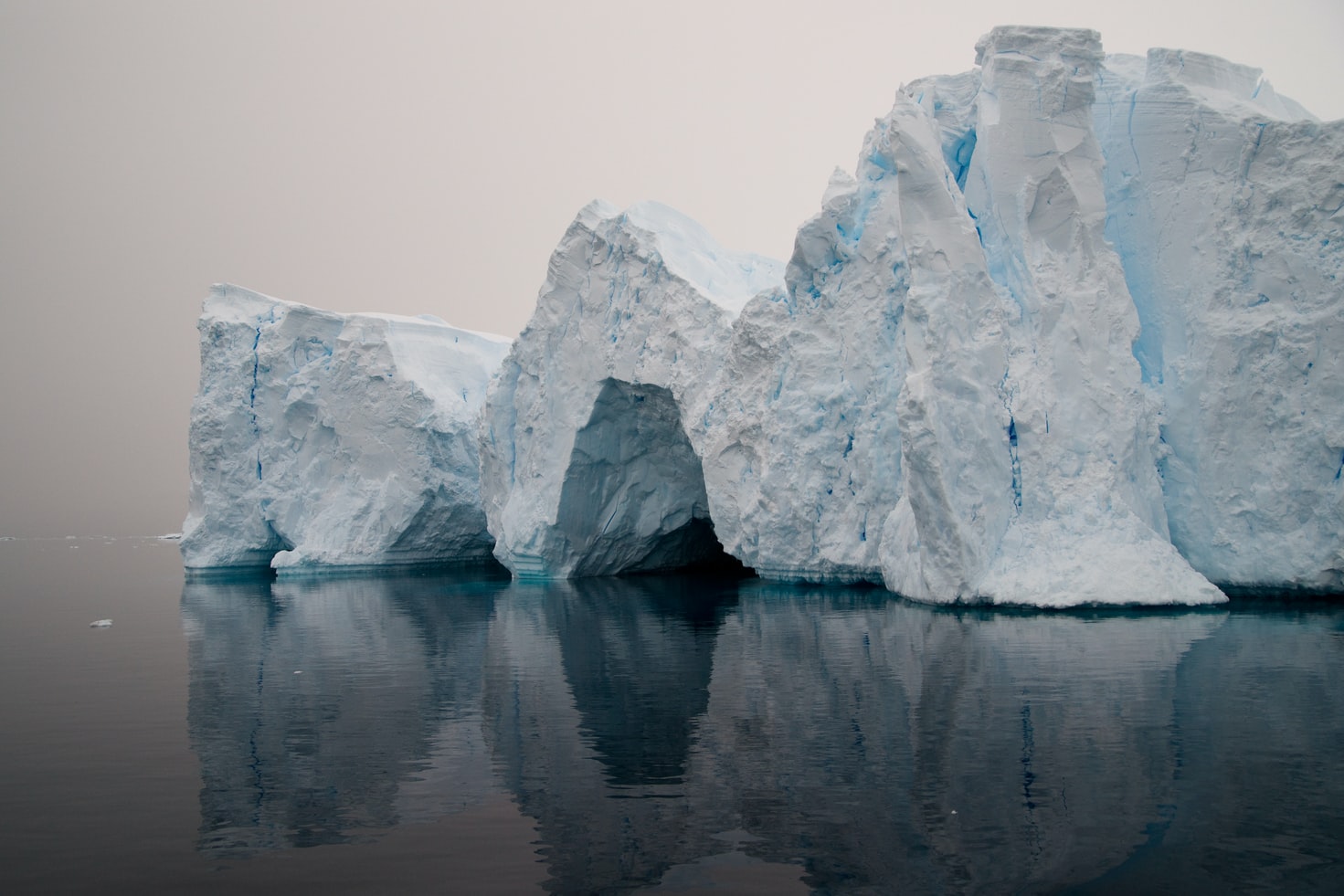
Antarctica Scuba Diving
There’s no place like Antarctica – so remote from civilization, with 14 million square kilometers of unexplored territory. It is the most southern, coldest and driest continent on Earth offering an unprecedented bio-diverse ecosystem on the planet!
Therefore, it’s not surprising that despite its icy weather, it attracts thousands of travelers every year, all in search of a unique and memorable experience. Whereas you can see a lot above ground, the real treat is below the surface of the ice.
Scuba diving in Antarctica offers you the opportunity to explore this vast frozen terrain which contains massive biological complexity. If you’re a seasoned diver and looking for another adventure, there’s hardly a better way to experience the icy magic of Antarctica which only a handful of people ever get a chance to do.

Things to know before you go
Ice diving is like a precise science and there are no cutting corners. You need to dig deep and prepare well before you set off on this journey. It will involve submerging yourself into cold, ice-covered water through a cut-out hole in the surface ice. It’s different from cold water diving which entails getting into cold water but without any ice cover.
People go diving under the ice for a variety of reasons – it could be for recreation, scientific, educational, or commercial purposes. Many avid divers like to do it as the below-freezing temperatures create perfect conditions to explore the underwater environment. The icy cold water enhances clarity and makes the local underwater wildlife sluggish so if you swim slowly and carefully, you can come quite close to them and get a better look.
Another reason to go is the incredible diversity in Antarctic waters. No other place on Earth can offer a dive site like this one. From the second you dive in, the scenery will be breath-taking – you’ll see ice structures, flickering light reflecting from above, an expansive wilderness to explore and a plethora of marine wildlife. Some people might assume the water is too freezing for any marine life, but this is untrue – there are sea snails, sea urchins, sea butterflies, anemones, starfish, jellyfish, isopods, crabs, soft coral, even fur seals, penguins and the most successful predator of Antarctica- the Leopard seal!
Necessary skills and experience
Scuba diving in Antarctica is not for the inexperienced. Beginner divers take on serious risks both for themselves and those around them. While the dive itself isn’t deemed technical, the real challenge is the unpredictable conditions, the varying and extreme temperatures and heavy equipment that allow only skilled and advanced divers to do it.
To go diving, you must be a trained and legitimate scuba diver with an internationally recognised certificate, with the addition of a full diver’s logbook of at least 30 cold water dry-suit dives in temperatures of 4° Celsius or below. You will also need to provide this information well in advance, including a signed statement from your doctor, not older than two years, declaring that you are in good physical health to go scuba diving in Antarctica.

Equipment and gear
Ice cold water diving calls for wide-ranging and complex equipment. It’s an important factor because it gives you the only protection against the harsh environment. You will need to supply your own gear since most tour operators provide only tanks, compressors and weights. It’s recommended you use the equipment you are familiar with and that you’ve tested before and serviced regularly.
To be able to dive the waters below an ice surface will need the following: a dry suit, a hood over your head to minimize heat loss, boots, dry gloves, regulator, buoyancy control device, air tank, fins, and a mask. Diving in ice-cold waters will make you exert yourself and use up more energy, which also means that you will have a higher air consumption rate and become fatigued faster. It’s imperative you make sure you stay warm and wear several layers of thermal undergarments.
Working as a scuba diver in Antarctica
If you’re already a well-experienced scuba diver with an international certificate, you can also find work in Antarctica as a scuba diving instructor, guide or trainer. Since professional guidance and training are required for scuba diving in Antarctica, the opportunity is there and you may expect to earn between $500 and $1000 per person depending on the terms and duration of the trip.
For a seasoned diver, this is an adventure you simply cannot miss! Scuba diving in Antarctica is a unique experience you won’t be able to get anywhere else in the world. It’s an entirely novel world beneath the icy surface just waiting to be discovered. However, as magnificent as the wonderland of Antarctica is, it is essential to keep in mind that safety is the number one priority. If you’re making your first trip down there, follow the instructions of your trained dive instructors, and you will have a safe and unforgettable experience in the enchanting waters of Antarctica.




